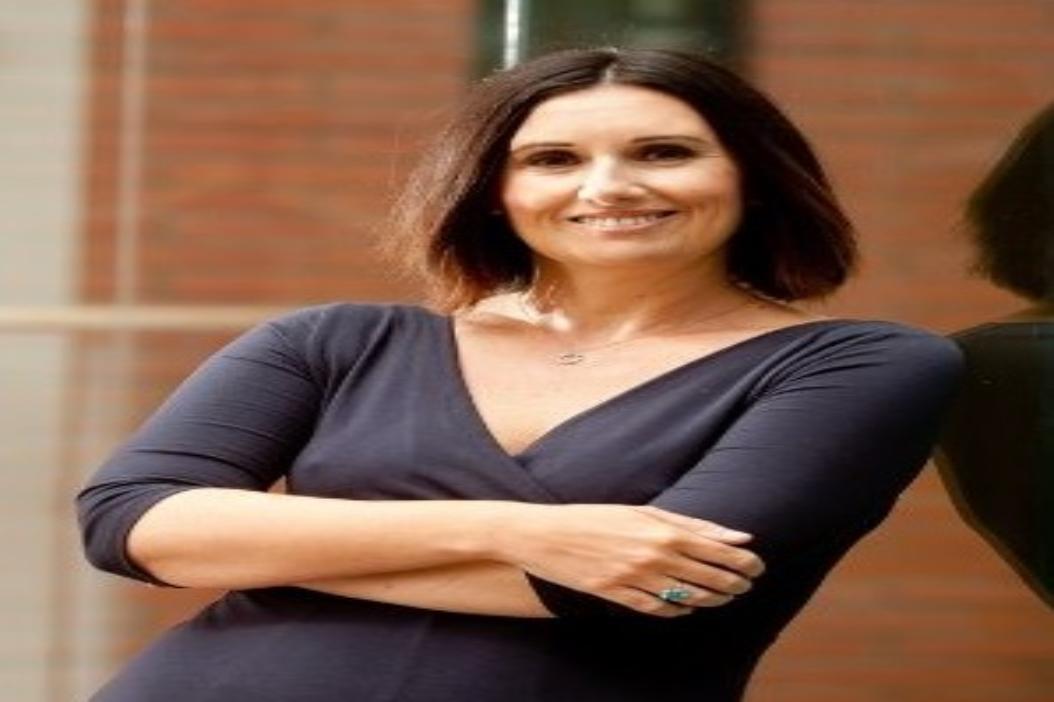Leading Organisations in and after Violent Conflict
Joanne Murphy from the University of Birmingham joins us as part of our blog series looking at Business for Peace

This Blog series follows a workshop hosted by the School for Business and Society at the University of York in conjunction with the Interdisciplinary Global Development Centre. Joanne Murphy from the University of Birmingham joins us in this blog to look at another dimension of Business for Peace: Leading Organisations in and after violent conflict
“Peace is not enough; we need a future”
Bosnian academic, Sarajevo, 2019
It is an unfortunate reality that war and conflict impact everyday life around the world. While the concept of ‘business for peace’ has developed and grown over the past decades, less is understood about the leadership behaviours and practices of those running businesses and engaged in the delivery of services during and after conflict. This is often a hidden story of individuals and teams leading and managing through and beyond sustained violence.
Contact us
Interdisciplinary Global Development Centre
igdc@york.ac.uk
01904 323716
Department of Politics and International Relations, University of York, Heslington, York, YO10 5DD, UK
Twitter
Leading in conflict and transition is another dimension of what may be loosely called the business for peace agenda and one that goes beyond business to look more broadly at public, private and third sector activity in environments of conflict and contestation. It takes the view that organisations themselves can inadvertently reinforce and recreate the conditions that sustain conflict through micro and miso level interactions.
Watch Joanne’s full presentation here
However, by better understanding these interactions and leadership strategies that can avoid them, we can shift behaviours and practices to allow organisations to act as active peacebuilders - rather than managers of division by default. Understanding their roles better requires us to reframe ethno-political conflict and war as an organisational challenge as well as a political and community challenge. More importantly, it places organisations themselves at the very centre of efforts in conflict resolution and peacebuilding. In some instances – such as security sector reform – we already recognise the importance of organisational structure and culture to peacebuilding efforts. But the kind of change processes involved in policing reform projects are also significant in public and private sector organisations more generally, whose default approach is one with the management of conflict and division at its core.
My own work has looked at the experiences of those leading in public, private and third sector organisations in Northern Ireland, the Basque region and Bosnia Herzegovinian and has underlined that in very many conflict afflicted regions, organizations and their leaders are already acting as peacebuilders, but often in isolation and considerable personal risk to themselves.
I was able to identify four distinct peacebuilding strategies and practices exercised by leaders in the most difficult of circumstances. While these practices overlap and connect, all are important in understanding the complex activities and interactions within social, political and organisational processes.
The first of these is a Social Commitment to Conflict Transformation among organisational actors. For this to be realised, it requires individuals and groups who understand the causal dynamics of conflict and are committed, from an informed position, to actively engage in the betterment, stabilisation and integration of societies in its aftermath. This also includes courage to engage on issues which may be sensitive or controversial and understand that building a cohesive society, on the basis of positive peace (Galtung, 1969) forms part of a professional responsibility. For many of those who I worked with in these particular cases, coming to the realisation that peacebuilding was a part of their professional obligation came slowly and was impacted by a growing realisation that the conflict was not only an external but also an internal phenomenon and that to be effective, their work could not be ‘conflict blind’.
The second is the Exercise of Political Skill resulting from situational knowledge and the ability to use this information to navigate complex problems. This skill consists of both an understanding of how to communicate ideas and strategies, as well as an ability to bring together mutually reinforcing coalitions of support and sufficient contextual knowledge to manage the nuanced implementation of strategies. Within these particular cases we see this variously being described as the exercise of “solidarity” or an ability to “go where the fissures are…a good manager works in the grey space in the middle” and an understanding that the deep knowledge of sector specialists is not necessarily shared by others in decision making roles, especially politicians.
The third centres around the Exercise of Professional, Expert or Positional Capital in support of peacebuilding activities. Many of the organisational actors who engaged with this study had worked within and between significant organisations in their geographic regions for long periods of time. Most had spent their entire careers grappling with service delivery, innovation and professional development in the midst of violence. This also involved the exercise of professional, positional, reputational or expert capital to influence decision making around processes of conflict and transition. The exercise of such capital can be seen at a personal level (“We are from these communities…you develop a set of values and ‘patrol those values’ and espouse those values because if those are not the values, then you’re doomed”), or through the development of a well-known and respected integrity over a long career.
The fourth practice identified is the Cultivation of Intra and Inter Organisational Networks of Support which in turn reinforce and animate wider peacebuilding efforts. For all three of the cases, networks of support were vital. Sometimes these were formalised and externally driven, through international funding systems and well defined existing processes. They allowed organizations to develop ‘legitimacy’ in the area of work, gave them local support, international recognition and led to other networks of cooperation in other sectors and countries. For others, they were developed through necessity or the arrival of an opportunity to create and maintain supportive relationships within their own regions or with others externally.
The practices outlined above allow organizations to move away from default settings that simply manage, and sometimes inadvertently reinforce, division and conflict. A better understanding of these approaches and the role of organizations more generally within conflict zones is an important, but under researched dimension of peacebuilding and one which needs to be better understood if we are indeed to create positive and long lasting peace processes in contested environments.
Other Blogs in the Series:
Blog#1: New Developments in Business for Peace and the Role of Companies in War Zones by Chris Williams
Blog#3: Delivering Measurable Social Impact through the Environmental Social and Governance (ESG) movement by Jason Miklian
Blog#4: Business - When Crisis Hits by John E. Katsos
|
|
Joanne Murphy |
|---|---|
|
|
Professor Joanne Murphy is a Professor of Inclusive Leadership in the Department of Management at the University of Birmingham. Joanne recently moved into this role following her position at Queens Management School at Queen's University Belfast. Joanne’s research explores how public, private and third sector organisations, situated in environments of violent conflict, manage and function during violence and can contribute to building peace. |
Contact us
Interdisciplinary Global Development Centre
igdc@york.ac.uk
01904 323716
Department of Politics and International Relations, University of York, Heslington, York, YO10 5DD, UK
Twitter
